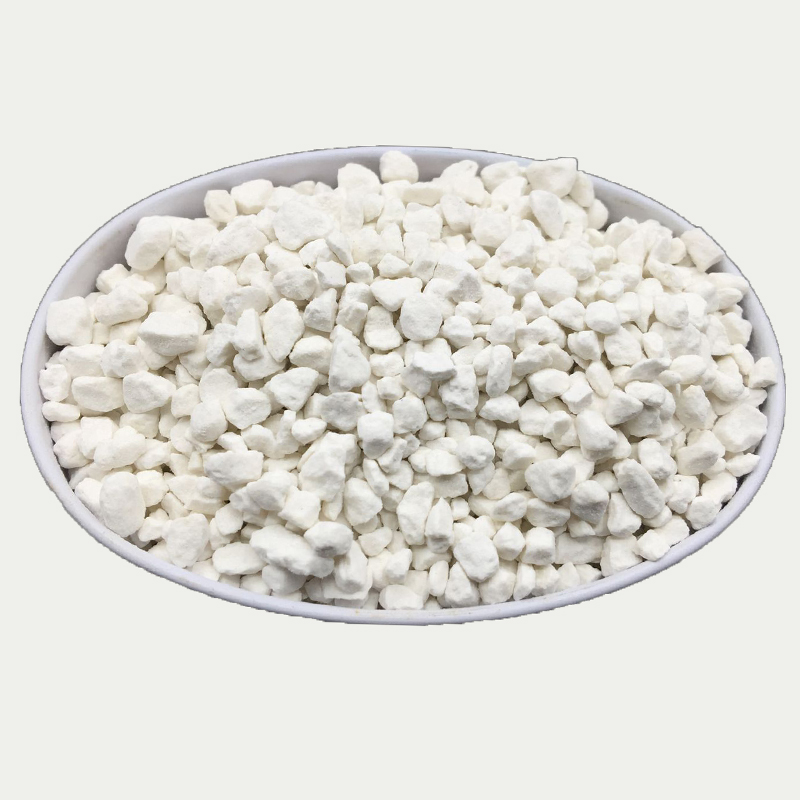
Nov . 27, 2024 05:10 Back to list
Top Tips for Selecting the Best Organic Fertilizer for Your Garden
The Best Ways to Produce Organic Fertilizer
Organic fertilizer has become increasingly popular among farmers and gardeners who want to promote sustainable agriculture and enhance soil health. Unlike synthetic fertilizers, organic fertilizers are derived from natural sources and contribute to the earth's ecosystem. This article will explore the best methods for producing organic fertilizer, ensuring you can create nutrient-rich amendments for your plants while reducing waste and environmental impact.
1. Composting
Composting is one of the most effective ways to produce organic fertilizer at home. This process involves the decomposition of organic waste materials, such as kitchen scraps, garden waste, and yard debris, into a dark, crumbly substance known as compost. To start composting, you can create a compost pile or use a compost bin. Here are some essential steps
- Gather Materials Ideally, your compost pile should comprise a mix of 'greens' (nitrogen-rich materials such as fruit and vegetable scraps, grass clippings, and coffee grounds) and 'browns' (carbon-rich materials like dried leaves, straw, and wood chips).
- Layering Alternate layers of greens and browns to promote aeration and decomposition. A good ratio is roughly one part greens to three parts browns.
- Aeration Turn the compost every few weeks to aerate it, encouraging the breakdown of organic materials and preventing odors.
- Moisture Keep the compost pile moist but not soggy. If it feels too dry, add water, and if it’s too wet, add more browns.
In 2-6 months, depending on temperature and materials, you will have rich, dark compost ready to be used as organic fertilizer.
2. Vermicomposting
Vermicomposting is a specialized form of composting that uses worms, particularly red wigglers, to enhance the decomposition process. Worms consume organic waste and produce worm castings, a highly nutritious form of organic fertilizer. To set up a vermicomposting system, follow these steps
- Choose a Bin Use a plastic or wooden bin with ventilation holes and drainage at the bottom
. The bin should be kept in a cool, dark place.best produce organic fertilizer

- Create Bedding Fill the bottom of the bin with shredded newspaper, cardboard, or coconut coir to provide bedding for the worms.
- Add Worms and Food Introduce red wigglers to the bedding and feed them kitchen scraps such as fruit peels, vegetable trimmings, and coffee grounds. Avoid meats, dairy, and oily foods.
- Harvesting In about 2-3 months, the worm castings will accumulate and can be harvested by removing the top layers of bedding.
Vermicomposting not only provides nutrient-rich fertilizer but also improves soil structure and health.
3. Biofertilizers
Biofertilizers are another excellent way to create organic fertilizers using living microorganisms such as bacteria, fungi, and algae. These microorganisms fix atmospheric nitrogen, decompose organic matter, and promote plant growth. Here’s how you can produce biofertilizers
- Select a Microorganism Choose which type of biofertilizer is most suitable for your soil and plants. Common options include nitrogen-fixing bacteria (like Rhizobium), mycorrhizal fungi, and blue-green algae.
- Cultivation You can cultivate these microorganisms by fermenting organic materials, such as molasses or fruit juices, combined with a source of bacteria or fungi. For example, mix soil from a healthy plant with water and molasses, and allow it to sit for a few days to multiply the microorganisms.
- Application Once the biofertilizer is prepared, you can apply it directly to the soil or as a foliar spray, promoting nutrient uptake in plants.
Conclusion
Producing organic fertilizers like compost, vermicompost, and biofertilizers is a sustainable practice that not only enriches the soil but also contributes to waste reduction. By incorporating these methods into your gardening or farming routine, you can improve soil health, enhance crop yield, and foster a more eco-friendly approach to agriculture. Whether you are a seasoned gardener or a beginner, making your organic fertilizers is a rewarding and beneficial endeavor.
-
10 10 10 Fertilizer Organic—Balanced NPK for All Plants
NewsJul.30,2025
-
Premium 10 10 10 Fertilizer Organic for Balanced Plant Growth
NewsJul.29,2025
-
Premium 10 10 10 Fertilizer Organic for Balanced Plant Growth
NewsJul.29,2025
-
Premium 10 10 10 Fertilizer Organic for Balanced Plant Growth
NewsJul.29,2025
-
50 Pound Bags of 13-13-13 Fertilizer for All Plants – Bulk & Organic Options
NewsJul.28,2025
-
High-Efficiency 15-30-15 Granular Fertilizer for Healthy Crops
NewsJul.28,2025
